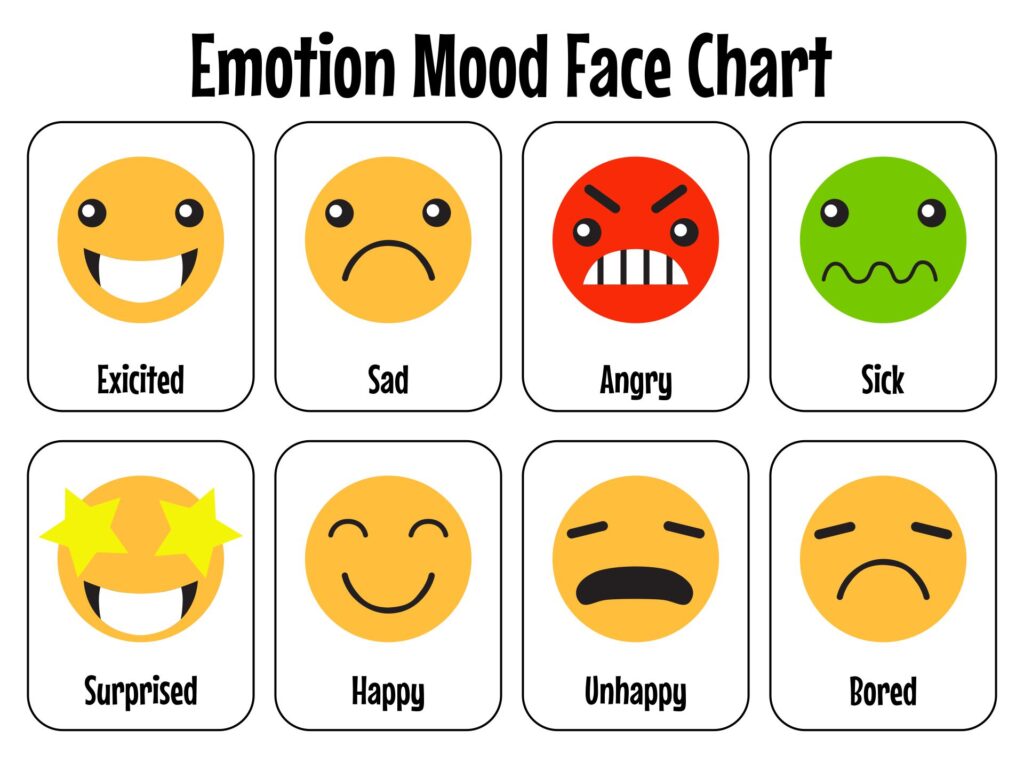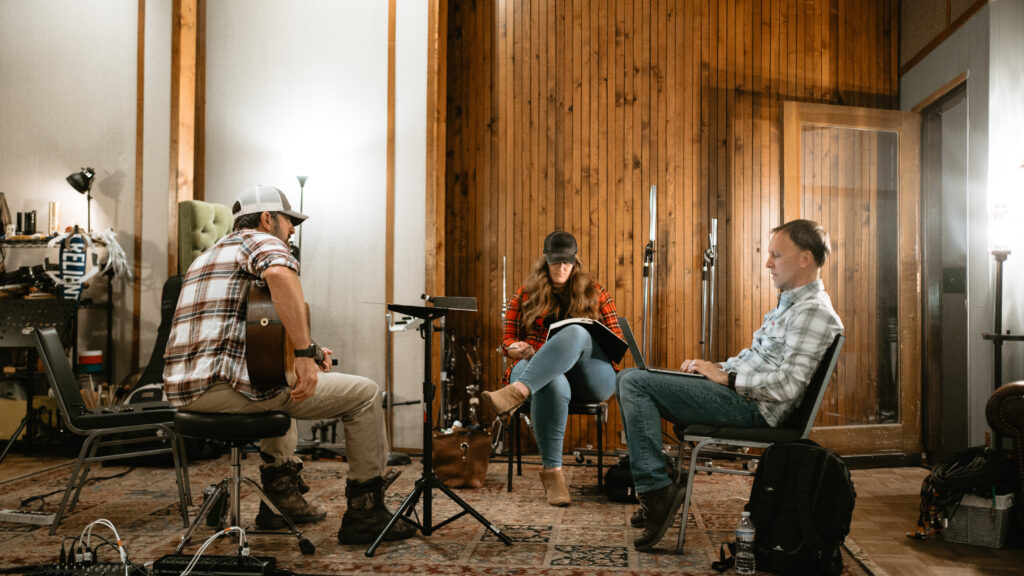by Marty Dodson
Dec 5, 2024

Writing great lyrics isn’t about waiting for inspiration to strike—it’s about consistently honing your craft and approaching songwriting with intention and strategy. Over the years, I’ve been fortunate to co-write with some of the best in the business, and I’ve learned a few truths that can make the difference between an okay song and a standout hit. Whether you’re just starting out or a seasoned songwriter, these tips can help you learn how to write a great lyric every time you sit down to write.
1. Start With a Strong Concept
The foundation of any great lyric is a compelling concept. If the idea behind your song isn’t engaging, it’s tough to make the final product stand out.
- Ask yourself: Does this idea make me feel something? A good concept resonates emotionally. Whether it’s a twist on a common phrase or a deeply personal story, it should grab attention.
- Keep a running list of ideas. Inspiration can hit anywhere—in the shower, during a conversation, or while driving. Write those ideas down or record them on your phone.
- Test your concept. Before diving into the writing, share your idea with a trusted co-writer or friend. If their eyes light up, you’re onto something.
2. Prioritize the Hook
The hook is the heartbeat of your song—it’s what listeners remember. Whether it’s in the chorus or a standout line, the hook should be irresistible.
- Make it singable. A great hook is easy to remember and easy to sing along to. Think about how it sounds when sung or played out loud.
- Craft with care. Spend extra time fine-tuning your hook. A clunky or forgettable one can sink an otherwise solid song.
- Use repetition wisely. Repeating the hook in the right places ensures it sticks in the listener’s mind without becoming overused.
3. When Learning How To Write Great Lyrics Every Time… Focus on the Emotion
Songs are vehicles for emotion. People don’t just hear songs; they feel them.
- Tap into universal truths. While your experiences are unique, the emotions behind them—love, loss, joy, regret—are shared. Write in a way that connects your personal story to something bigger.
- Use sensory language. Paint a vivid picture with your lyrics. Instead of saying, “I was sad,” describe the feeling: “The room felt heavy, and the walls closed in.”
- Build dynamics. Emotion isn’t static. Varying the intensity of your lyrics, melody, and delivery can create a more engaging and impactful song.

4. Collaborate With Intent
Co-writing is one of the fastest ways to improve your songwriting and gain new perspectives on how to write great lyrics.
- Choose collaborators wisely. Work with people whose strengths complement yours. If you’re great at lyrics but struggle with melodies, partner with someone who excels there.
- Be open but discerning. While it’s crucial to embrace new ideas, don’t feel obligated to accept every suggestion. Push back respectfully when something doesn’t feel right.
- Learn from your co-writers. Every session is an opportunity to grow. Pay attention to how others approach melody, lyric structure, and problem-solving. The art of co-writing is a learned skill for most, so work on it!

5. Edit Relentlessly
Great songs aren’t written—they’re rewritten. Even the best ideas can fall flat without proper editing.
- Step away and revisit. After writing, give yourself some distance from the song. When you return, you’ll have a fresh perspective.
- Get feedback. Share your song with trusted peers or mentors who will provide constructive criticism. Use their input to strengthen weak spots.
- Don’t fall in love too soon. It’s easy to get attached to a line or melody, but if it doesn’t serve the song, be willing to cut it.
Bonus Tip: Stay Consistent
Writing your best song isn’t about luck; it’s about showing up regularly and putting in the work. Even on days when inspiration feels elusive, the act of writing keeps your skills sharp and increases your chances of stumbling onto something brilliant.
- Write something every day, even if it’s just a single line or melody.
- Embrace the bad songs—they’re stepping stones to the great ones.
- Keep learning. Attend workshops, read books, and study the songs you love.
Final Thoughts
Songwriting is as much about persistence and practice as it is about creativity. By focusing on these five tips—starting with a strong concept, prioritizing the hook, leaning into emotion, collaborating with intent, and editing relentlessly—you’ll set yourself up to write songs that resonate with listeners every time.
Remember, every great songwriter started somewhere, and each new song is a chance to grow. So grab your guitar, sit at the piano, or open that notebook—and write your best song yet!
This article reflects my journey and the lessons I’ve learned along the way. I hope these tips inspire and challenge you to keep creating. For More on the subject check out the podcast episode below…
~Marty Dodson!
share
Write Better Songs Faster
Songwriting Success is Clay & Marty's 10-day video series that will help you level-up your songs and finish them faster. Enter your email address to get started!



